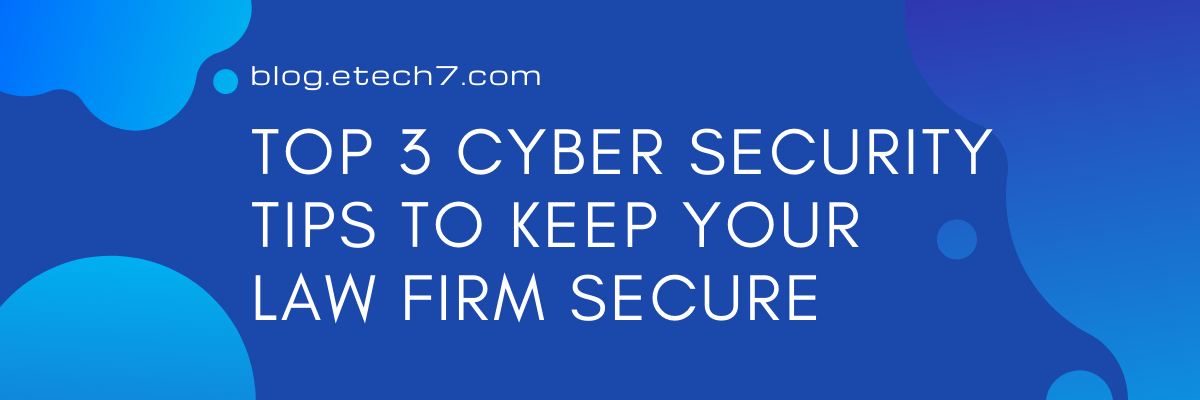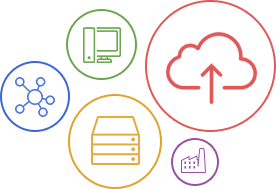
Businesses use the internet in a variety of ways, from hosting an online store to storing information in the cloud. With this, there is also an increase in cybercrime.
Why do law firms need cybersecurity?
One of the most important things about working at a law firm is protecting client information. There are many cybersecurity threats that you may not be aware of that you should protect yourself against.
What is the main reason why law firms fail to address cybersecurity risks?
Law firms tend to be the target for cyber attacks for a variety of reasons. attackers know that, more often than not, law firms do not usually take the necessary precautions against cyberattacks. Law firms also have access to and obtain a lot of important information that attackers want to go after.
What cybersecurity threats should I look out for?
The most common types of cybersecurity threats to law firms are:
- Phishing Scams
- Hacked email accounts
- Ransomware
Phishing scams occur when an attacker sends fraudulent emails or messages posing as a reputable company in order to convince an individual to reveal personal information.
Hacked email accounts risk the leak of confidential information sent between a law firm and its client.
Ransomware is a big threat to law firms, especially those that host sensitive client information. Ransomware can come in many different forms, but generally, it is a form of malware that encrypts files and denies access without a decryption key, which the attacker would hand over for a fee. The malware has to be installed onto your device to take effect, and it usually gets there through email attachments or fraudulent links.
Leaks in data at a law firm can lead to clients filing malpractice allegations if they felt like their data wasn’t treated securely. It also ruins the reputation of the firm and possibly the relationship with clients, even those who aren’t affected. Here’s what you can do to keep you and your clients safe:
Law Firm Cybersecurity Best Practices
Enable Multi-Factor Authorization:
Multi-Factor Authorization (MFA) is an authentication method that requires the user to provide two or more verification factors to gain access to different accounts, applications, or VPNs. Instead of just entering a username and password, MFA requires additional authentication, such as entering a pin on a phone app or scanning a fingerprint. By enabling MFA, you can ensure that you are the only one accessing your client’s confidential information.
Keep multiple backups of your data
By keeping your backups on-site (hard drives or servers) and off-site (cloud backup), you can ensure the safety and security of your data even in unforeseen circumstances. For instance, if an accident occurs you can still access the information through the cloud. These backups should be secured with strong encryption and monitored regularly.
Protect against threats
Install antivirus software and a hardware firewall on your network so that your computer has its own defense mechanism running in the background. Antivirus software constantly scans your computer to look for threats from things like surfing the web to software downloads. If it detects a problem, it will alert you and block you from accessing it. A hardware firewall creates a network boundary that inspects incoming network traffic, such as viruses trying to come in, and outgoing network traffic, like a leak of sensitive data.
Summary
Following these tips will help keep your information, as well as your client's information safe.
For more information, visit our site for free downloadable resources!













